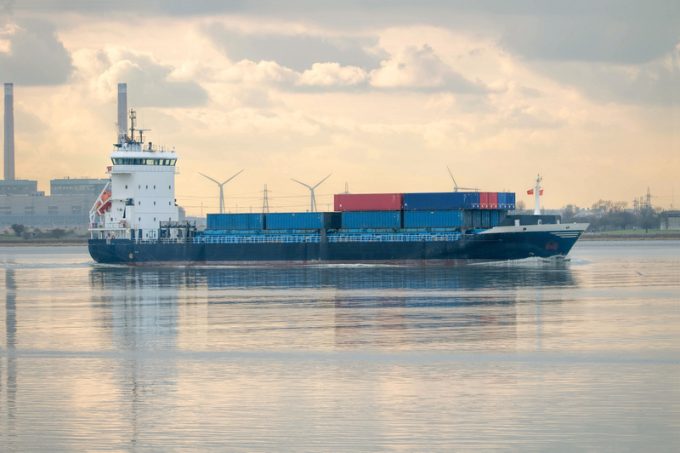MSC port arm to buy Hutchison ports including Panama and Felixstowe
MSC’s port operating arm Terminal Investment Ltd (TiL) is set to assume full control of ...

The future of some feeder services in North Europe is under threat from the pincer movement of sky-high charter hire rates and escalating port delays.
Feeder operators are paying at least double the daily hire rate of a year ago for the same ships and, at ...
CMA CGM South Korean staff strike over bonuses after bumper 2024 profit
MSC switches two more Asia-Europe port calls from congested Antwerp
CMA airline returns two freighters, while ANA takeover of NCA looms
Nightmare for Bangladeshi exporters as congestion and tariffs bite
Tradelanes: Export boom in Indian sub-continent triggers rise in airfreight rates
Carriers introduce surcharges as congestion builds at African ports
Ports and supply chain operators weigh in on funding for CPB
Box ship overcapacity threat from carrier appetite for new tonnage

Comment on this article